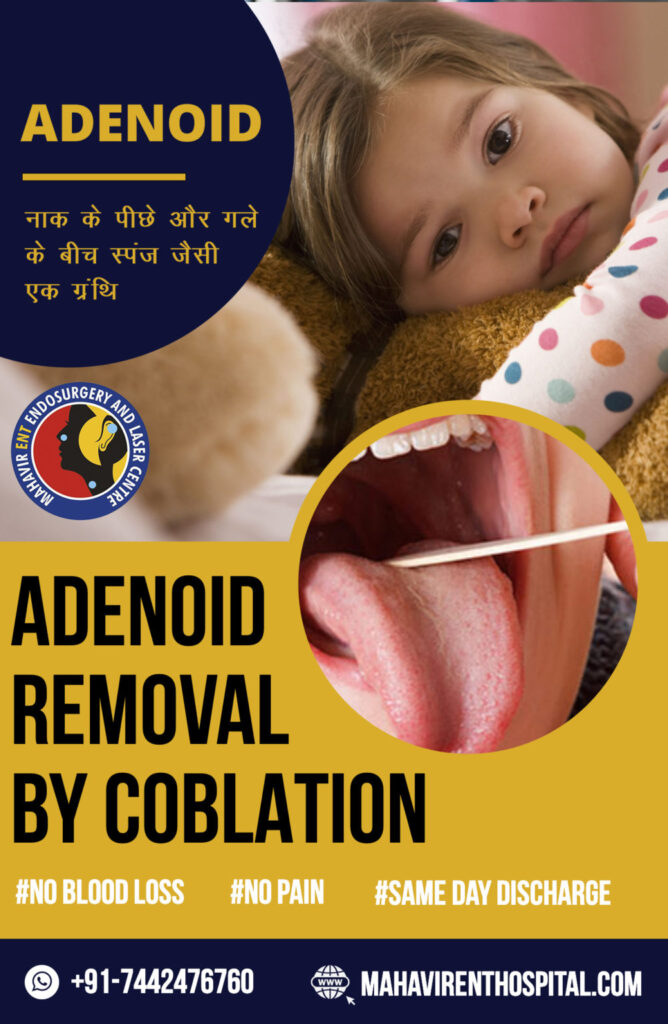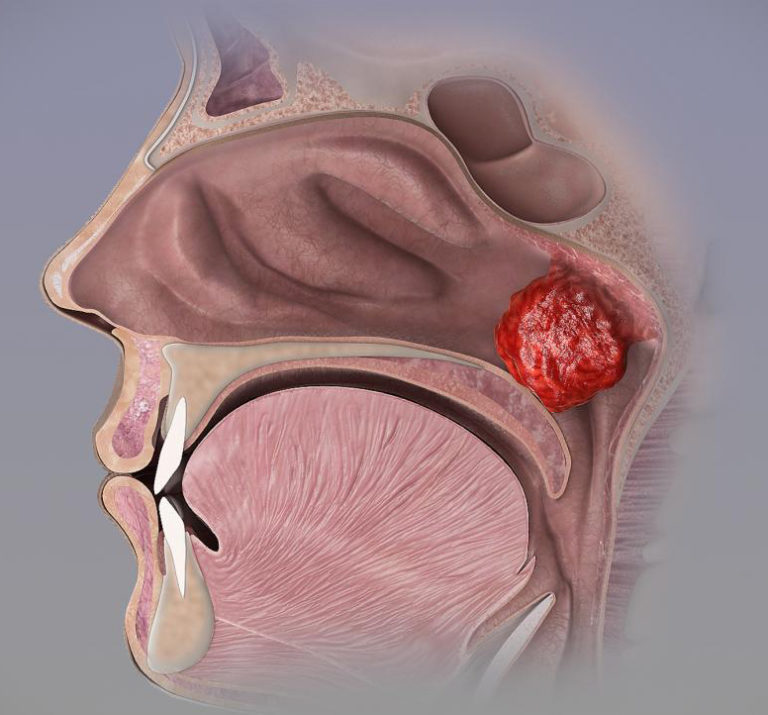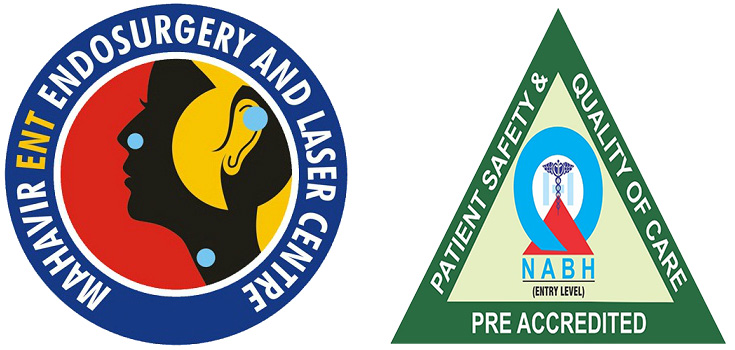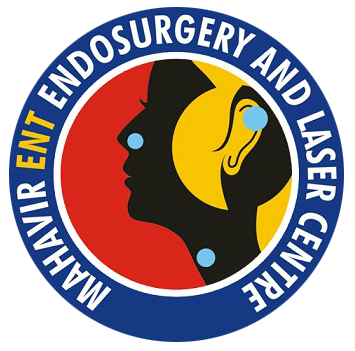Adenoidectomy
Services > Adenoidectomy
- Vertigo
- Ear Wax
- Ear Pain
- Ear Infections
- Ear Cholesteatoma
- Acoustic Neuroma
- Torn Ear Lobes
- Perforation In Ear
- Ototoxicity
- Otitis Media
- Mastoiditis
- Hearing loss
- Foreign bodies in the ear
- Rhinoplasty
- Breathing Problems
- Foreign bodies in nose
- Nasal Bone Fracture
- Nasal Septum
- Nasal Polyp
- Nasal Deformity
- Nosal Allergy Clinic
- Nose Bleeding Treatment
- Sinus Treatment
- Chronic Sinusitis
- Adenoidectomy
- Voice Disorders
- Salivary gland problems
- Papillary Thyroid Carcinoma
- Oral and Throat problems
- Laryngeal Vocal Nodules
- Laryngeal Vocal Cord Palsy
- Foreign body in esophagus
- Foreign body in bronchus
- Difficulty in Swallowing
- Cancer of the Larynx
- Sleep Apnea
- Snoring Treatment
- Head & Neck Cancer
- Thyroid Cancer / Papillary Carcinoma



Overview
An adenoidectomy is the surgical removal of the adenoids, which are lymphoid tissues (similar to tonsils) located behind the nasal passage. When the adenoids become chronically infected or enlarged, they make it difficult for people to breathe and swallow normally. The chronic infection of the adenoids is a condition that is called adenoiditis. Most of the time adenoids in children get enlarged due to allergies or acid reflux.
An adenoidectomy can be performed in conjunction with a tonsillectomy or as a separate procedure by itself. It is typically performed on children. However, patients of any age can undergo an adenoidectomy if they develop chronic adenoiditis and suffer symptoms like difficulty breathing or recurring ear problems.
Adenoiditis, or the recurring infection of the adenoids, is accompanied by symptoms that interrupt one’s daily life and make everyday tasks like breathing through the nose difficult. Some of the most common symptoms of this condition include:
- Nasal congestion
- Swollen glands in the neck
- Moderate to severe ear pain
- Breathing through the mouth
- Sleep apnea
- the nose being stuffy or runny without illness
- a dry mouth and cracked lips
- frequent or persistent ear infections
- poor-quality sleep or pauses in breathing during sleep
- snoring
Adenoid removal required if:
Enlarged adenoids are blocking your child’s airway. Symptoms in your child can include heavy snoring, problems breathing through the nose, and episodes of not breathing during sleep.
Your child has chronic ear infections that occur often, continue despite use of antibiotics, cause hearing loss, or cause the child to miss a lot of school days.
Nasal polyps can cause complications because they block normal airflow and fluid drainage, and also because of the long-term irritation and swelling (inflammation) underlying their development.
Potential complications include:
- Obstructive sleep apnea: This is a potentially serious condition in which you stop and start breathing frequently during sleep.
- Asthma Flare-Ups: Chronic sinusitis can worsen asthma.
- Sinus Infections: Nasal polyps can make you more susceptible to sinus infections that recur often.

